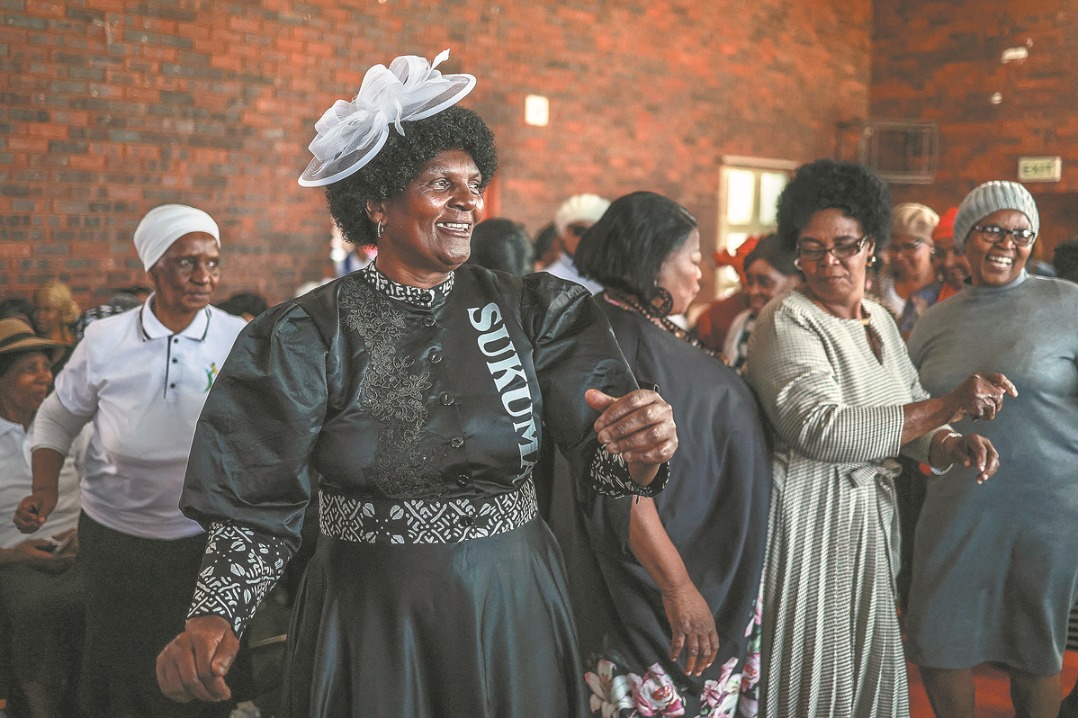Glacier collapse flattens Swiss village


Environmentalists are pointing to the destruction of a remote village in Switzerland by a collapsing glacier as an example of the damage being caused by global warming.
The village of Blatten was buried beneath ice, mud and rock on Wednesday afternoon after a huge chunk of the Birch glacier crashed down the side of the Kleines Nesthorn mountain.
State Councilor Stephane Ganzer told Radio Television Suisse that 90 percent of the picturesque village in the Lotschental Valley was destroyed.
Experts had predicted the collapse and moved people out of the village on May 19. Despite the evacuation, one person, a 64-year-old man, remained unaccounted for after the incident.
"We have lost our village, but not our heart," the BBC quoted Blatten's Mayor Matthias Bellwald as saying. "We will support each other and console each other."
Bellwald said he was hopeful the village of 300 people would continue but acknowledged many homes had been lost and that those still standing may never be declared safe again.
Members of the Swiss government were on the scene on Thursday, alongside the Swiss army's disaster relief unit.
Raphael Mayoraz, head of the regional office for natural hazards, told local media that geologists are now studying the health of other glaciers in the area and that other villages may also need to be evacuated for the safety of their residents.
The tense situation follows the evacuation of the eastern Swiss village of Brienz two years ago because of the instability of the mountainside above. Residents of that village have still not been allowed to move back home. And in 2017, eight hikers died and several homes were destroyed when a landslide slammed into the Swiss village of Bondo.
Switzerland has more glaciers than any other European nation but lost 4 percent of their volume in 2023 and 6 percent in 2022 because of global warming. Experts have said all of the country's glaciers could be gone within the next 100 years if global temperatures rise above 1.5 C more than their pre-industrial levels.
Christian Huggel, a professor of environment and climate at the University of Zurich, told Reuters that the Blatten collapse happened after global warming weakened the permafrost in the Alps.
He said the debris that fell on the village is now damming the Lonza River, which poses a new risk because up to 1 million cubic meters of water is accumulating there each day.

































